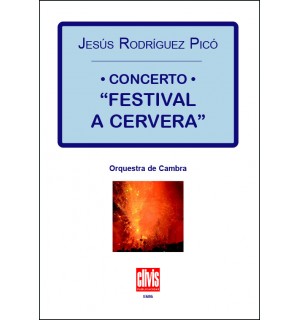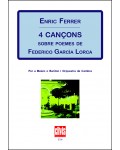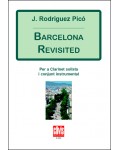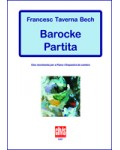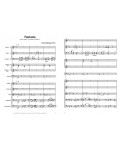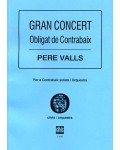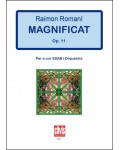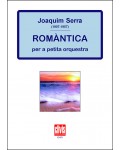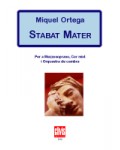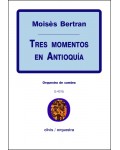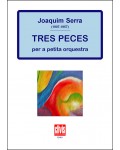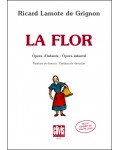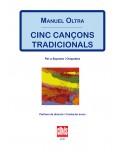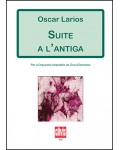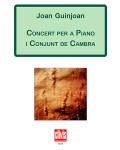
No products
Prices are tax included
Product successfully added to your shopping cart
There are 0 items in your cart. There is 1 item in your cart.
- English
- Castellano
- Català
Concerto Festival a Cervera
DE686
When the author composed this piece drew on three reference points, the first of which being Baroque instrumental music; the second reference is the sounding of bells typical of the city of Cervera; thirdly, there are allusions to compositions from Stravinsky's second period.
| Period | 20th c. |
| Instruments | 1111-0000-timp.-pno.-str. |
| Pages | 112 |
| Time | 15 min. |
| Contents | score |
| ISMN | 979-0-3502-0540-8 |
| Remarks | The parts of orchestra are available in rent regime. Contact the publishing company. |
| Price of print edition | 31,20€ |
| Edition | Digital |
When composing this piece I drew on three reference points, the first of which being Baroque instrumental music. As the title would suggest, the piece takes the general format of a Concerto (Grosso) while its subtitle points towards the origin of the commission and the festive element that can be found at certain moments of the composition. This relationship with Baroque-inspired forms can be seen in the contrasts in instrumental density between the fragments with a complex framework and the brief instrumental solos.
The second reference is that of Toc del Bilandó, which is the sounding of bells typical of the city of Cervera. This short bells motif is used in the latter part of the piece as the element underlying the whole of the finale.
Thirdly, though to a lesser extent, there are allusions to compositions from Stravinsky’s second period such as Dumbarton Oaks.
This Concerto was commissioned for the first Cervera Easter Festival in 2011 and was debuted on 21 April that same year by the Cervera orchestra, Orquestra Simfònica Julià Carbonell, led by Xavier Puig.
Jesús Rodríguez Picó

